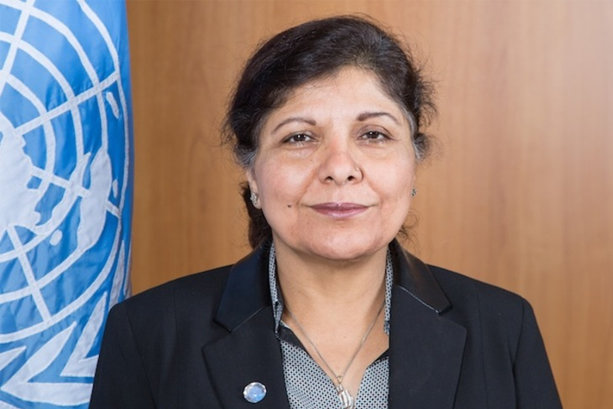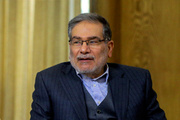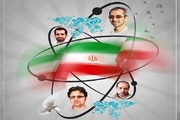Rising inequality threatens to derail, from the start, successful implementation of the new 2030 Agenda for Sustainable Development in the Asia-Pacific region. Stronger, more equitable social protection will be critical in overcoming these challenges.
New research by the United Nations Economic and Social Commission for Asia and the Pacific (ESCAP) indicates that inequality, related to both outcomes and opportunities, is on the rise in the countries of Asia and the Pacific – and where it has not risen it has remained unacceptably high. This is having an adverse impact on sustainable development.
Growing disparities in income and wealth, as well as unequal opportunities, reinforce each other, creating an “inequality trap” that disproportionately affects women and the most vulnerable members of society, including the poor, youth, persons with disabilities, migrants and older persons.
This stands in sharp contrast to both the shared growth that defined the rise of the ‘Asian Tigers’ in the 1960s, and more recent trends in other parts of the developing world, in particular Latin America, where income inequality has been decreasing over in recent decades.
Over the past 20 years, the rich in Asia and the Pacific have grown richer, at the expense of the poor. Inequalities in regional opportunities also abound, with nearly 80 per cent of the population lacking access to affordable health care, and as many as 18 million children out of school. Access to these basic social services are considerably lower among low-income groups and rural communities.
In the context of the 2030 Agenda, inequality casts deep shadows on all three pillars of sustainability – economic, social and environmental.
Economically, inequality threatens regional dynamism, is destructive to the sustainability of growth, and makes it more difficult to reduce poverty through growth. Had Asia-Pacific inequality not increased, an additional almost 200 million people would have been lifted out of poverty in the three largest countries in the region over the last two decades.
Inequality undermines social cohesion and solidarity. A growing divide between the rich and the poor is often a factor in rising levels of crime and social unrest, undermining trust and weakening bonds of solidarity. In extreme cases, especially where inequality manifests along ethnic lines, it can lead to polarization, radicalization and even failure of the State.
Environmental sustainability is also hampered by inequalities, which create resentments and disincentives and, in turn, generate pervasive free-riding and overuse of resources, with unsustainable environmental outcomes. For instance, evidence from India and Nepal suggests that inequalities in local rural communities actually intensify deforestation.
This is why tackling inequality must be central to the sustainable development agenda. Perfect equality of wealth and income is not attainable but, when it comes to inequalities of opportunity, such as access to health and education, Asia-Pacific governments should not settle for less than a perfectly “level playing field.”
It is encouraging to see that, in addition to traditional cash transfers, Asia-Pacific countries are introducing innovative measures to reduce inequalities, such as health equity funds, impact investing in education, universal health coverage and expanding access to old-age pensions.
Building on this momentum, countries could also develop sets of complementary policies to tackle inequality in all its forms:
First, national taxation systems could be strengthened. There is ample room to expanding the tax base and strengthen compliance frameworks across the region. This is an effective way of broadening fiscal space to finance redistributive mechanisms, while building solidarity across socioeconomic groups and generations.
Second, productive and decent work should be even more strongly promoted. Forward-looking macroeconomic policies, coupled with active labour market programmes and policies that encourage diversification, including industrial upgrading and productivity growth are critical. Such approaches will ensure that economic growth generates more and better employment for people working in vulnerable conditions, while avoiding a “race to the bottom” triggered by unfettered international competition.
Third, social protection should be enhanced to ensure that everyone has access to quality essential services. Transformative social protection policies need to be anchored in national legislation and aim beyond providing short-term safety nets, to lift people out of poverty and vulnerability. Complementing their redistributive role, well-designed and implemented cash transfers are an important vehicle of inclusive, pro-poor growth. Good practices from around the region illustrate that comprehensive social protection systems are feasible and affordable but necessitate political will. Strengthening the evidence base on inequalities and social protection will also further facilitate the development and implementation of effective policies and programmes. Innovative financing schemes, especially in partnership with the private sector, will be essential in this regard.
These three policy measures benefit all, from individuals and communities, to public institutions and private actors. They constitute a shared responsibility to inspire new partnerships and creative approaches, as we move to implement the 2030 Agenda.
Asia-Pacific inequality cannot be ignored. To do so jeopardizes the future we want of a more prosperous, inclusive and sustainable Asia-Pacific region.
Dr. Shamshad Akhtar is an Under-Secretary-General of the United Nations and Executive Secretary of ESCAP. She has also been the UN’s Sherpa for the G20 and served as Governor of the Central Bank of Pakistan and Vice-President of the MENA Region of the World Bank.
























Your Comment